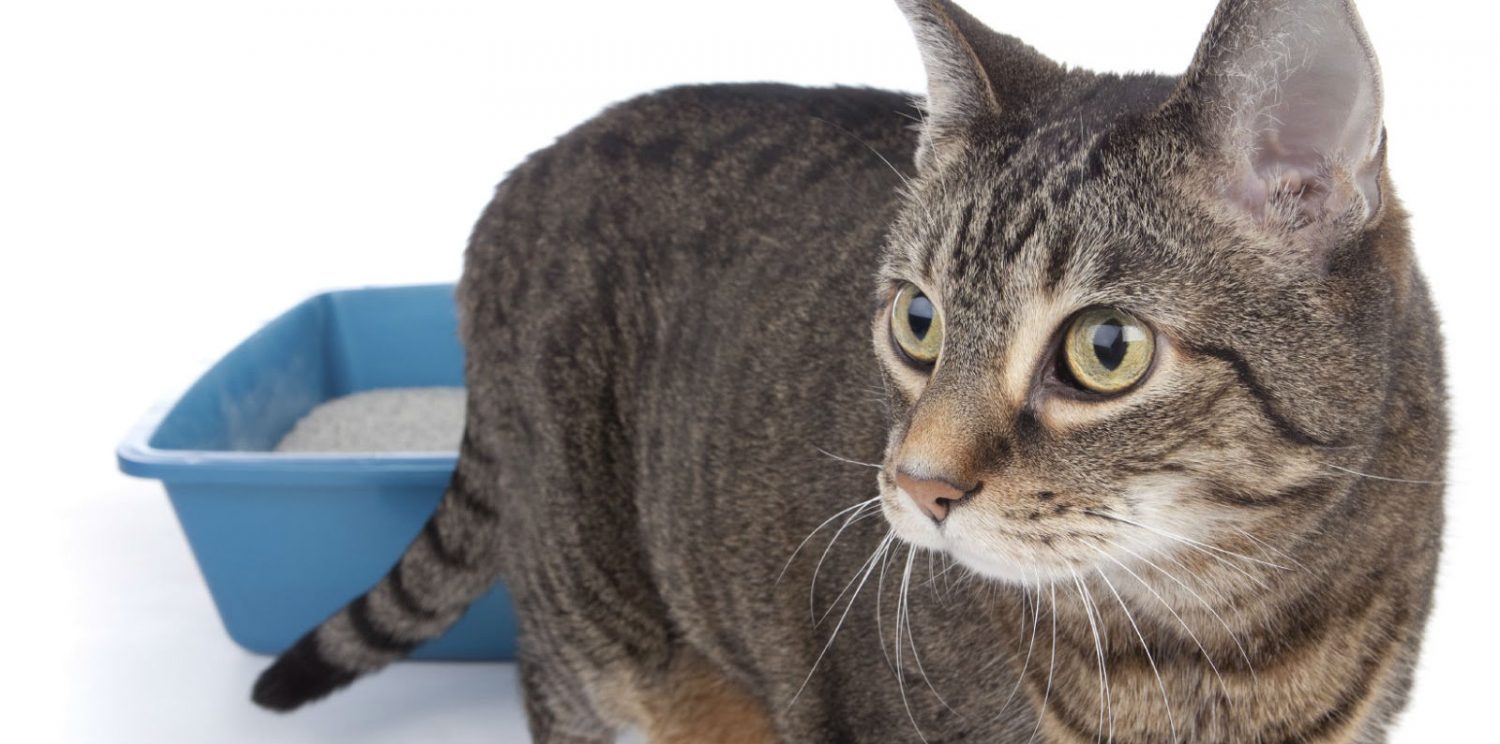My cat is urinating on the bed and sofa. What is the cause and treatment?
Original Question: Hello, my cat is peeing on the bed and sofa and it is not a spray, it is a normal big pee. This problem started one month after we adopted him and he was about 7 months old. He has two litter boxes in different locations, cleaned daily, nothing unusual happened in the house, no food changes, no litter box changes and no other pets around. He has never been outside. (Nothing that might disturb him, not even guests). For the last three days in a row, he has been urinating on the sofa. Please help. - Mouad
 Jun 20, 2018
Jun 20, 2018
Hi Mouad,
Thanks for your question.
This issue is as common as it is frustrating.
Whenever our pets are eliminating inappropriately, whether it be urination or defecation, it is caused by two things: medical reasons or behavioural reasons. So the first thing we have to do is rule out any medical problems.
I recommend you see your veterinarian and perform blood work and urine testing to make sure there is no medical issue causing this. Inappropriate urination can be caused by a urinary tract infection, diabetes, renal disease, hyperthyroidism, neurological disease or other ailments that can be found by running diagnostics. If a medical condition is found, then the appropriate treatment can be implemented and the condition may resolve.
If no medical condition is found, then we have to consider behavioural reasons as a source. Cats are very in tune with their environment and so there are so many stimuli that can cause them to become anxious or change their behaviour. For example, I remember a patient that stopped going to the litter box because an owner started storing luggage near the litter box. Cats can also perceive things that we can’t, so a high-pitched sound that doesn’t bother us, may bother them and cause them fear around the litter box. Now you may go hunting for these things, but in the end, it’s rare to find. It doesn’t take much for a cat to start eliminating inappropriately and once they do, the reason they started doing it may be gone but they are now just continuing the behaviour. The longer you let this go on, the more it’s going to be ingrained and difficult to resolve.
We can begin by focusing attention on the litter box. You can start putting treats near the litter box but I always tell people not to let the cat know you’re putting them there. This way they just happen to find them. They may start visiting the litter box just to see if they’ve shown up again and since they’re there, they might as well use the litter box.
You can also place litter box in various areas of the house. Keep in mind that cats can develop issues like arthritis which can make it difficult for them to go up and down the stairs and this may be the cause of why they’re not visiting the litter box.
When a cat is really overweight and large, they may no longer fit in the litter box and it may not be comfortable to use it. I often have owners buy a large bin, cut the sides really low, put it in a garbage bag and sprinkle litter on top of it creating their own litter box with a much larger surface area and low sides to it so it’s very easy to step in and out. If it is the case, here is an article “When Indulge Leads to Bulge” that I really encourage you to take a look.
There are also products that you can sprinkle in the litter that is supposed to attract them to it. These can work in some cases but not in others.
If anxiety is the cause, you may be able to improve this with environmental enrichment. Get your cat playing more and engaging it with toys. This will reduce stress. I also strongly recommend you to take a look at our articles “Bored Kitty? How to Enrich Your Cat’s Home Life” and “The Top 10 Best Free Cat Toys”.
If they are eliminating in a particular spot, like on a bed or in a bedroom, you can restrict access to this area. Always clean the area where they have been eliminating very thoroughly. Even a small amount of debris or odour will make them return to that place and think it’s an appropriate place to eliminate.
Lastly, a lot of cases do take medication to solve these issues. I would have to say that anxiety, in general, is usually the cause of the problem. Whenever I say this to clients, I always get the same response. They say: you clearly don’t understand my cat, he or she is not stressed. But what clients don’t understand is that although you’re providing a very nice home for your pet, we have to remember that these were animals that lived in the outside environment and engaged their world by hunting and hiding. Many cats can develop stress just by being an indoor cat. You can speak to your veterinarian about anti-anxiety supplements and anti-anxiety medication to use as a trial if the aforementioned strategies do not work.
Thanks for your question and good luck!
Dr. Clayton Greenway
Disclaimer: healthcareforpets.com and its team of veterinarians and clinicians do not endorse any products, services, or recommended advice. All advice presented by our veterinarians, clinicians, tools, resources, etc is not meant to replace a regular physical exam and consultation with your primary veterinarian or other clinicians. We always encourage you to seek medical advice from your regular veterinarian.

